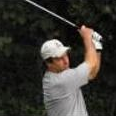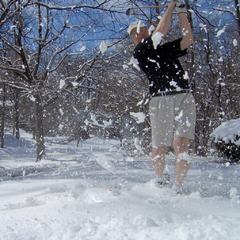IGNORED
A New Paradigm of Golf Instruction - Mindfulness and awareness training are creeping into athletic coaching [Psych. Today]
Note: This thread is 2984 days old. We appreciate that you found this thread instead of starting a new one, but if you plan to post here please make sure it's still relevant. If not, please start a new topic. Thank you!
-
Topics Being Discussed Right Now on The Sand Trap
-
- 23 replies
- 2,396 views
-
- 8,551 replies
- 397,628 views
-
- 109 replies
- 73,013 views
-
"5 Minutes Daily" Practice Challenge 1 2 3 4 912
By iacas, in Instruction and Playing Tips
- 5 minutes daily
- dedication
- (and 6 more)
- 16,413 replies
- 1,161,662 views
-
- 376 replies
- 88,440 views
-








Recommended Posts
Create an account or sign in to comment
You need to be a member in order to leave a comment
Create an account
Sign up for a new account in our community. It's easy!
Register a new accountSign in
Already have an account? Sign in here.
Sign In Now